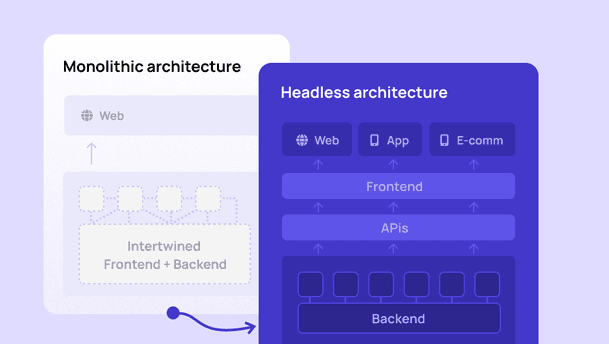Subscribe to our newsletter
The latest updates and articles to learn more about content management.
Location
Jaarbeurs Innovation Mile (JIM)
Jaarbeursplein 6
3521 AL Utrecht, The Netherlands
Phone +31 (0)30 227 17 10
KvK 54506034 • BTW NL851332390B01





